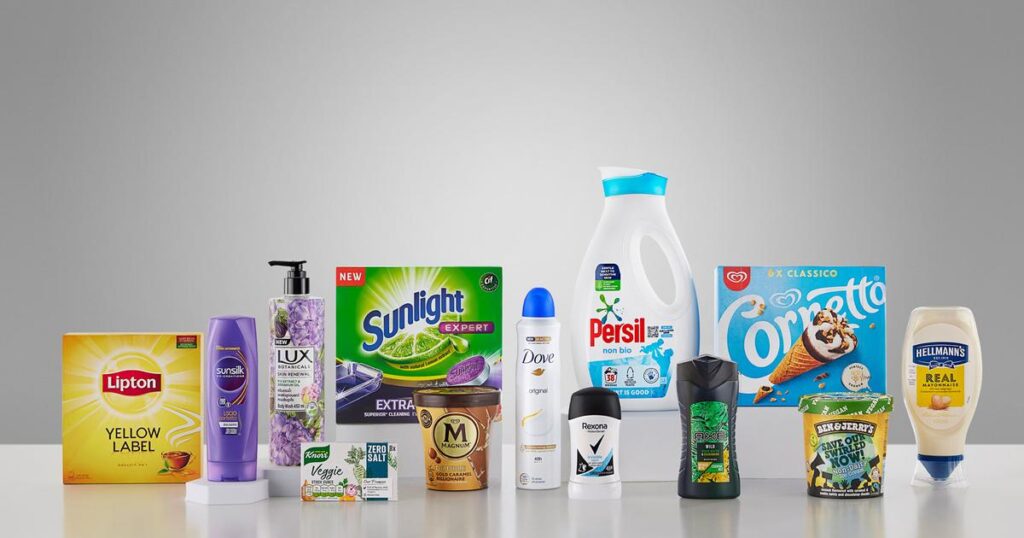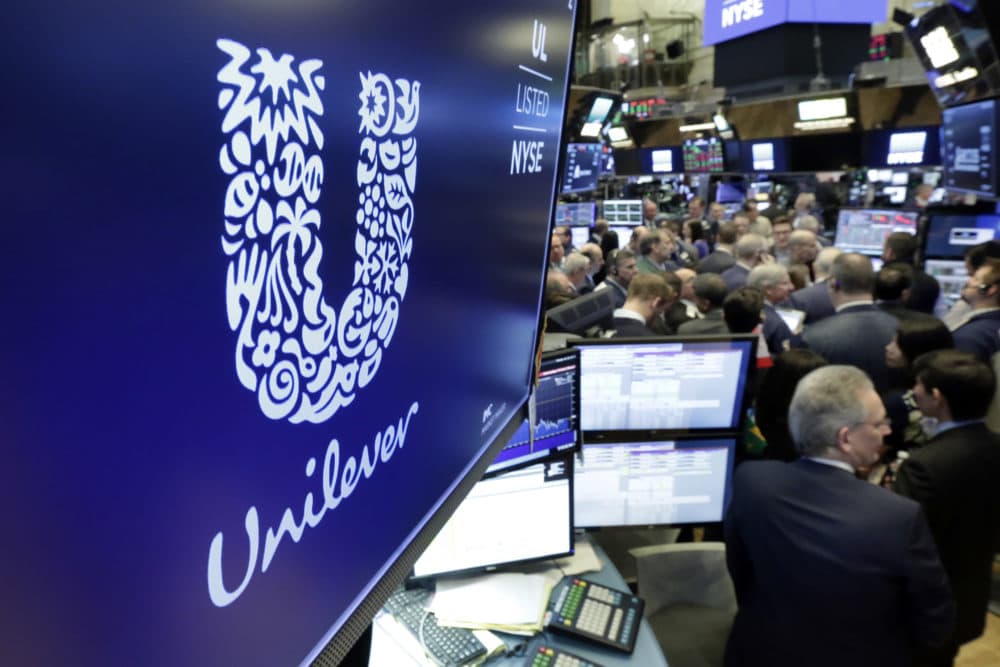goods company renowned for its vast portfolio of products, ranging from food and beverages to cleaning agents and personal care items. Founded in 1929 through the merger of Dutch margarine producer Margarine Unie and British soapmaker Lever Brothers, Unilever has grown to become one of the world’s leading consumer goods companies. Headquarter in London, UK, and Rotterdam, Netherlands, Unilever’s products are sold in over 190 countries, reaching 2.5 billion consumers every day.
History and Evolution
Unilever’s roots can be trace back to the late 19th century when William Hesketh Lever founde Lever Brothers in 1885. Lever Brothers became famous for its Sunlight Soap, which revolutionized cleanliness and hygiene in Victorian England. Concurrently, Margarine Unie was forme in 1927 through the merger of several margarine companies in the Netherlands. The merger of these two companies in 1929 created Unilever, which sought to leverage the synergies between its diverse product lines. Over the decades, Unilever expanded its global footprint through acquisitions and innovation, becoming a household name worldwide.
Business Operations
Unilever operates through three main segments: Beauty & Personal Care, Foods & Refreshments, and Home Care. The Beauty & Personal Care segment includes brands like Dove, Axe, and Sunsilk, offering products ranging from skincare to haircare and deodorants. The Foods & Refreshment segment encompasses well-known brands like Knorr, Hellmann’s, Lipton, and Ben & Jerry’s, offering a variety of food products and beverages. The Home Care segment includes cleaning and laundry products under brands like Surf, Domestos, and Cif. Unilever’s diverse product portfolio allows it to meet the varied needs of consumers globally.

Financial Performance
Unilever consistently ranks among the top companies in the consumer goods industry, with robust financial performance characterized by steady revenue growth and strong profit margins. The company’s ability to adapt to market trends, invest in innovation, and manage costs effectively has contributed to its financial success. Despite challenges such as fluctuating raw material prices and economic uncertainties, Unilever has maintained a solid financial position. The company’s focus on sustainable growth, cost efficiency, and expanding its product offerings has driven its profitability and market share.
Sustainability and Social Responsibility
Sustainability is at the core of Unilever’s business strategy. The company’s Sustainable Living Plan, launched in 2010, aims to decouple its growth from environmental impact while increasing its positive social impact. Unilever has set ambitious targets to reduce its carbon footprint, improve water use efficiency, and promote sustainable sourcing of raw materials. The company is committe to achieving net-zero emissions by 2039 and ensuring that 100% of its plastic packaging is reusable, recyclable, or compostable by 2025. Unilever’s social initiatives focus on improving health and well-being, enhancing livelihoods, and promoting diversity and inclusion.
Innovation and Research
Innovation is a key driver of Unilever’s growth. The company invests heavily in research and development to create new products and improve existing ones. Unilever’s global network of R&D centers collaborates with universities, research institutions, and technology partners to stay at the forefront of scientific and technological advancements. The company’s focus on consumer insights and trends enables it to develop products that meet changing consumer preferences and needs. Recent innovations include plant-based food products, advanced skincare formulations, and environmentally friendly packaging solutions.
Global Presence and Influence
Unilever’s global presence is vast, with operations in over 190 countries and a workforce of around 149,000 employees. The company’s extensive distribution network and strong brand portfolio enable it to reach consumers in both developed and emerging markets. Unilever’s influence extends beyond its commercial activities, as it plays a significant role in shaping industry standards and promoting sustainable business practices. The company’s participation in global initiatives and partnerships, such as the United Nations Global Compact and the World Business Council for Sustainable Development, underscores its commitment to driving positive change on a global scale.
Challenges and Criticisms
Despite its successes, Unilever faces several challenges and criticisms. The company has been criticize for issues related to labor practices, environmental impact, and marketing practices. Activists and advocacy groups have called for greater transparency and accountability in Unilever’s supply chain, particularly regarding the sourcing of palm oil and other raw materials. Additionally, the company must navigate the complexities of regulatory compliance, geopolitical tensions, and market competition. Unilever’s ability to address these challenges while maintaining its commitment to sustainability and ethical business practices is crucial for its long-term success.
Corporate Governance
Strong corporate governance is a cornerstone of Unilever’s operations. The company is governe by a Board of Directors, which oversees its strategic direction, risk management, and overall performance. Unilever’s governance framework is designe to ensure transparency, accountability, and integrity in all its activities. The company has established robust policies and procedures to manage risks, comply with regulatory requirements, and uphold ethical standards. Unilever’s commitment to good governance is reflecte in its efforts to enhance board diversity. Foster a culture of ethical conduct, and engage with stakeholders on key governance issues.
Future Outlook
Looking ahead, Unilever is well-positione to navigate the challenges and opportunities of the evolving consumer goods landscape. The company’s strategic priorities include accelerating its digital transformation, expanding its presence in high-growth markets, and enhancing its sustainability initiatives. Unilever aims to leverage its strong brand portfolio. Global reach to meet the changing needs of consumers and drive long-term growth. By focusing on innovation, sustainability, and consumer-centricity. Unilever seeks to create value for its shareholders and contribute to a more sustainable and inclusive world.
Conclusion
Unilever’s journey from a small soap and margarine. Company to a global consumer goods giant is a testament to its resilience, adaptability, and commitment to innovation. The company’s focus on sustainability and social responsibility has positioned it as a leader in the industry. Setting benchmarks for ethical and responsible business practices. As Unilever continues to evolve and embrace the challenges of the digital age, its dedication to sustainability. Consumer satisfaction will be crucial in shaping its future success. With a strong foundation and a clear vision. Unilever is poise to remain a key player in the global consumer goods market. Driving positive change and improving the lives of consumers worldwide. Read More.
